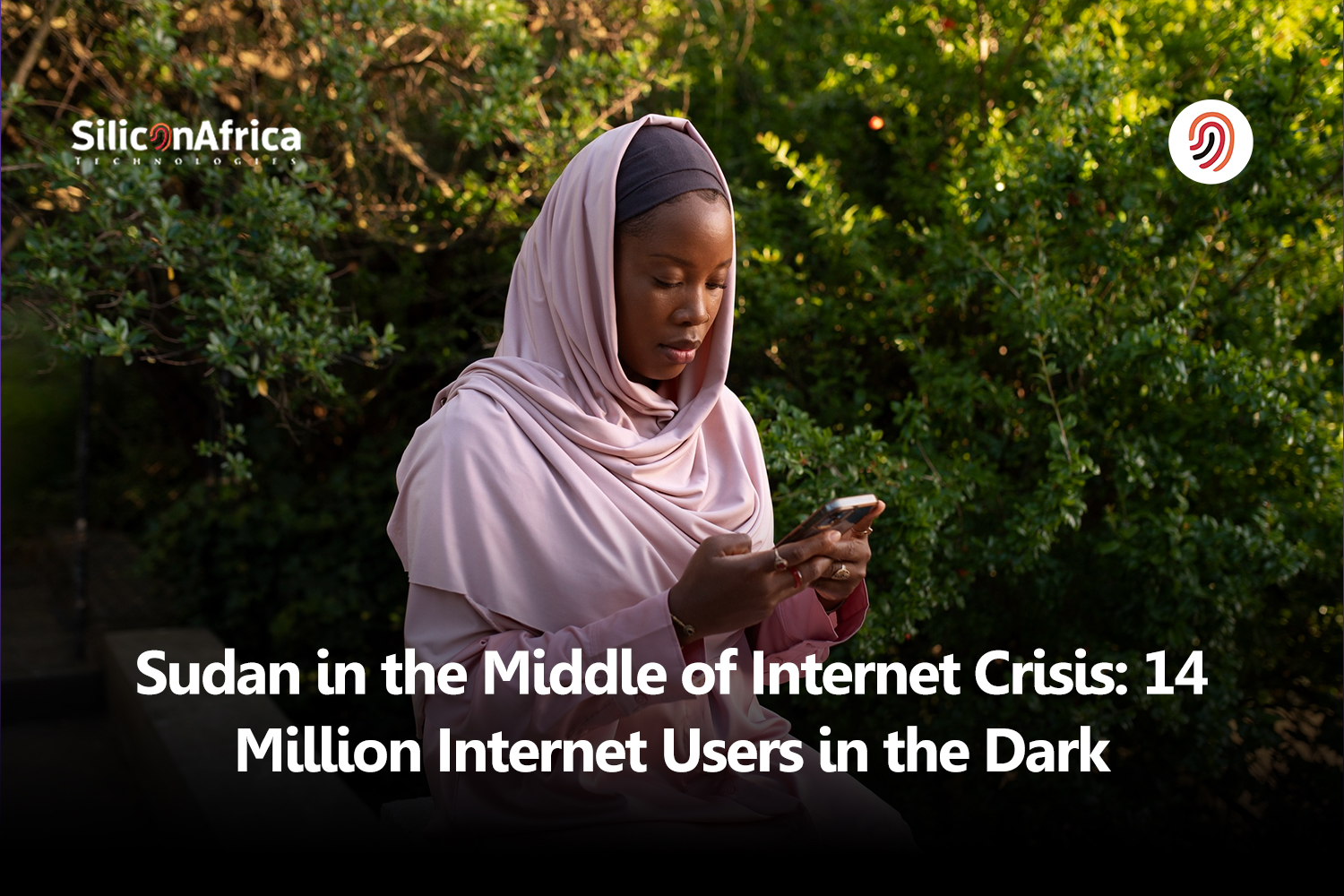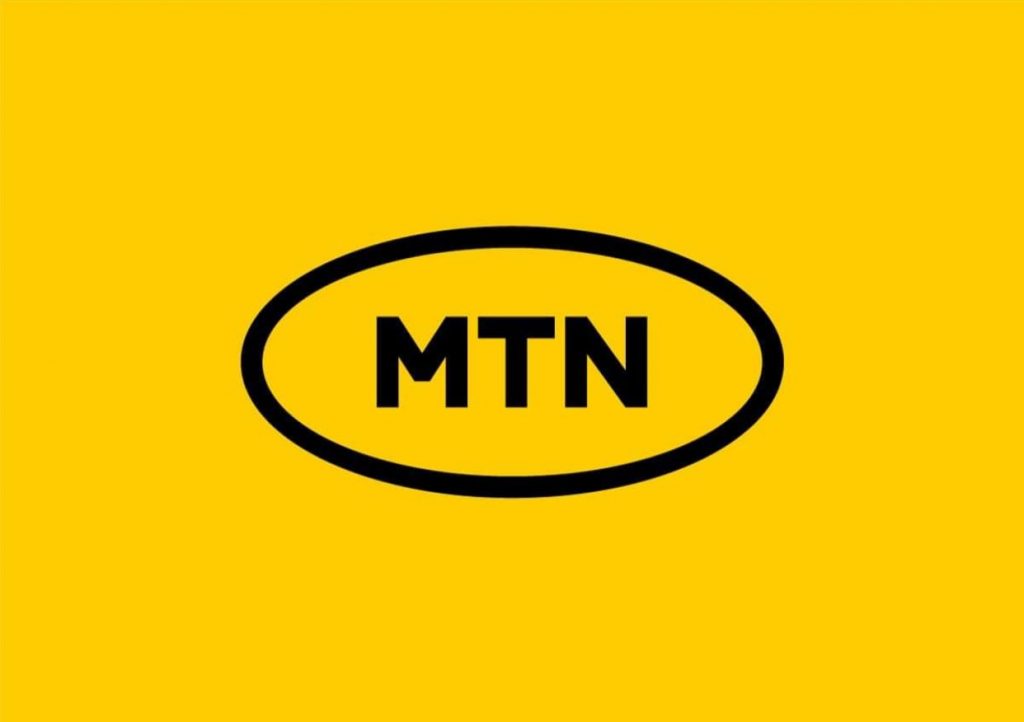Physical Address
60 Ekwema Cres, Layout 460281, Imo
Physical Address
60 Ekwema Cres, Layout 460281, Imo

Sudan is going through a tough time due to the internet crisis. Approximately 14 million internet users are facing connectivity issues, and it’s affecting the daily lives of the citizens.
For a couple of days and still going, the internet and communications networks have been completely down in Sudan. Sudan is already dealing with politically inspired conflicts, so this crisis just adds to the chaos.

The main reason behind this internet crisis is said to be political unrest and government restrictions. The citizens are pointing fingers at the government, accusing them of intentionally imposing internet blackouts to control the flow of information.
The blame game is also going back and forth between the Sudanese leadership and the Rapid Support Forces (RSF), a government-owned paramilitary group.
This blackout is seriously impacting Sudanese society. With no reliable internet access, people are facing difficulties in communication, accessing important information, and carrying out online transactions. It’s affecting education, businesses, and even access to healthcare services. The situation has escalated into a major humanitarian crisis, displacing millions and catching the attention of the United Nations. It’s a truly dire situation.
In the midst of the fallout, the RFS, which controls areas with important telecom infrastructure, supposedly disrupted the networks of state-owned Sudani and South Africa-owned MTN Sudan. It was seen as a form of protest against the poor communication that had been going on for months.
Interestingly, the RSF denies any responsibility for the blackout. Instead, they’re pointing fingers at their formidable adversary, the Sudanese army. An official from the RSF blamed the outage on ongoing military operations, accusing the army of cutting off digital communications in certain parts of Darfur, Kordofan, Khartoum, and Al-Jazirah.
NetBlocks, the internet freedom watchdog, just reported another collapse of internet connectivity. This time, it’s hitting Zain, one of the major mobile operators. So now, not only are Sudani and MTN Sudan affected, but Zain is also largely offline. This blackout is impacting around 14 million internet users in the country.

In a statement shared on Meta (formerly Facebook), Zain said
“The Sudanese mobile phone company Zain, has been in a quest to maintain communication and internet service in appreciation and service to its honorable subscribers, believing that the lack of communication will have catastrophic effects on citizens.
The company executives and the working team of the supported companies remained working under very difficult, harsh, and dangerous conditions, and we would like to point out that the current network outage is due to circumstances beyond its will, with our wishes that peace and security prevail in our beloved country and that service will resume as soon as possible.”

MTN Sudan also released a statement on Meta saying “The company has been operating under very complex circumstances since the war broke out in the country, posing risks that threaten the safety and security of workers and serious challenges that limited our ability to perform operational tasks such as maintaining and providing energy sources, securing sites, etc. Despite this, the company has continued to strive to face the challenges and defy difficulties to provide services as much as possible, with great efforts and sacrifices from Sudanese youth.”
MTN confirms that, while it is ensuring services are available to all its subscribers, service has been disrupted due to reasons and circumstances completely beyond its control, including the recent complete shutdown. “We express our apologies to our dear participants and the people of Sudan in general. We confirm that we are working with stakeholders and responsible parties, hoping to return services soon, and we look forward to your understanding of the situation we are working in and to help everyone perform our tasks and continue services.”
State-aligned media is pointing fingers at the RSF, while Anonymous Sudan, the hacktivist group, has decided to take matters into their own hands. They’re cracking down on other jurisdictions that they believe are affiliated with the paramilitary group.
First, they targeted Djibouti Telecom, a leading mobile network operator in Djibouti. Since they think Djibouti has ties with the RSF, Anonymous Sudan disrupted the telco’s connectivity networks, leaving its subscribers offline.
But that’s not all! They also went after Uganda, causing disruptions for state-owned Uganda Telecom and MTN’s local unit. Although it’s worth mentioning that Uganda Telecom hasn’t been the most active internet service provider in recent years.